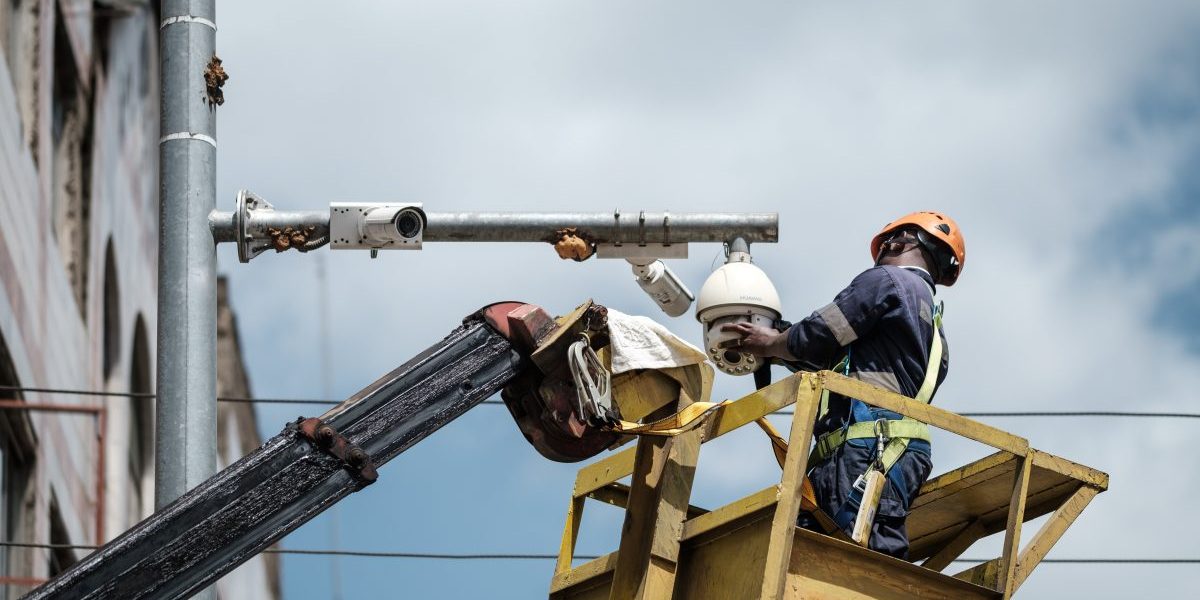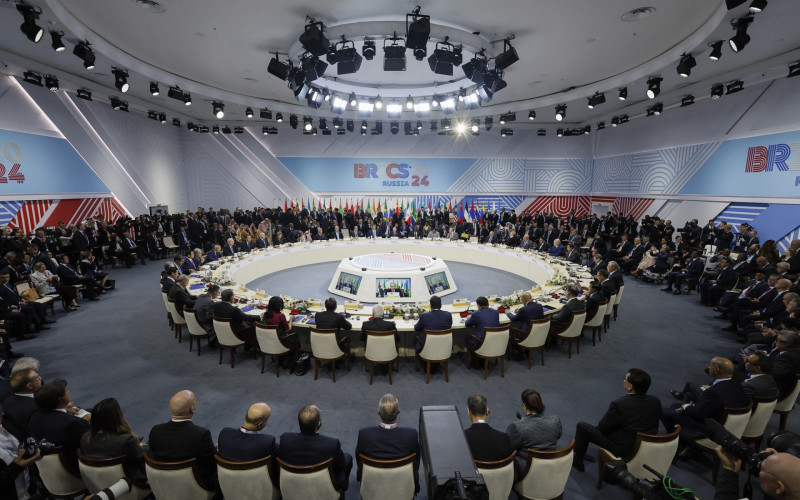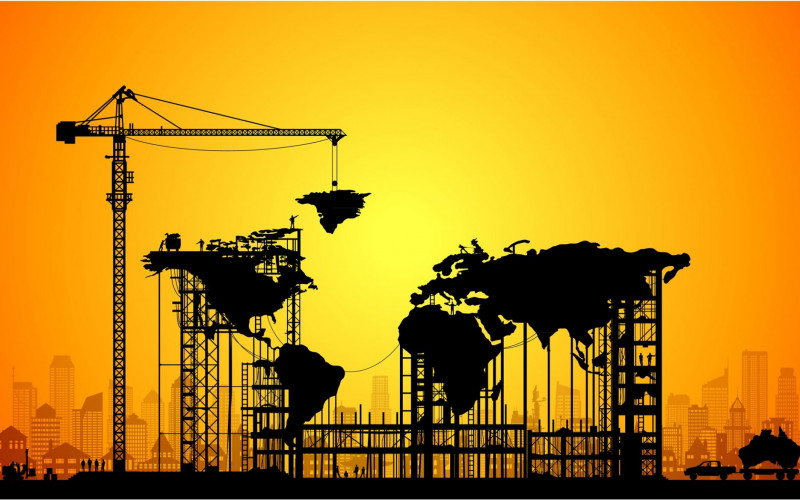Summary:
- Chinese companies are key providers of internet communications technology (ICT) to Africa. This work goes beyond building networks, to also include so-called smart city and safe city projects.
- These projects’ focus on surveillance has raised worries that China is exporting its own state-centric internet models to Africa.
- Research shows, however, that Chinese companies are amenable to host countries’ approaches to internet governance.
- Chinese companies are actively promoting surveillance-heavy systems to African governments, with optimistic estimates of their impact on crime.
- Case studies show, however, that these claims might only be true over the short term.







